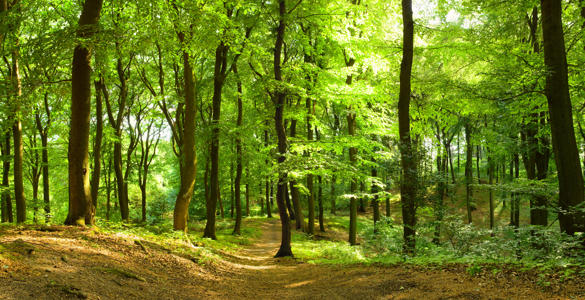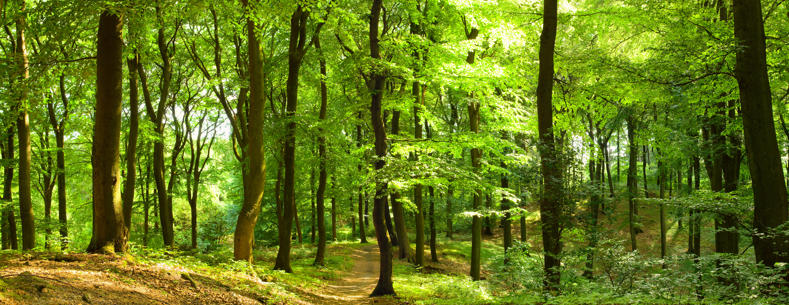A Senedd Committee says that it is ‘gravely concerned’ at Natural Resources Wales’ (NRW) plan to reduce the number of low category pollution incidents it responds to.
The Climate Change, Environment and Infrastructure Committee’s annual scrutiny of the environmental watchdog highlights several concerning aspects of how it plans to keep an eye on things like fly-tipping, illegal chemical dumping and water pollution.
‘Higher tolerance of risk’
NRW’s new plan is to focus on larger incidents and to adopt a “higher tolerance of risk” in how they manage reports of pollution in Wales.
The Committee’s conclusion is that years of under investment have stretched NRW too thin and that the body is already not funded sufficiently to deal with enforcement of environmental crimes in Wales. Any further reduction in the watchdog’s ability to respond is described as ‘concerning’.
NRW told the Committee that the current levels of fines and sanctions available to it are insufficient to have the desired effect on polluters. Consequently, today’s report calls on them to explain where it feels the level of fines is too low for it to be able to perform its environmental regulation duties effectively.
Re-opening visitor centres
In March this year, the visitor centres at Coed y Brenin, Ynyslas and Bwlch Nant yr Arian were closed by NRW as a cost-cutting measure. Although the regulator has committed to reopening visitor centres, there is currently no clear timetable for this, according to the Committee.
The report says that new proposals for the visitor centres should have been developed before the centres were closed and that this should now be published ‘as a matter of urgency’.
‘Taxpayers paying for errors’
In October 2024, it came to light that the Welsh Government had stepped in to pay a £19m tax bill owed by NRW to HM Revenue and Customs. Concerning the incorrect classification of workers’ tax status. The Committee says that this mistake highlighted ‘serious governance failures’ at the organisation.
The report says that it is ‘highly regrettable’ that taxpayers’ money is being diverted from front-line services to pay for such errors.
The Committee is asking both NRW and the Welsh Government for assurances that improved oversight is in place and that lessons should be learned through a comprehensive review of the debacle.
Llyr Gruffydd MS, Chair of the Climate Change, Environment and Infrastructure Committee, said, “Recent decisions made by NRW are deeply troubling and raise questions about the future of environmental stewardship in Wales. By choosing to adopt a 'higher tolerance of risk,' NRW risks turning a blind eye to pollution incidents that, while perhaps deemed less impactful, still erode the health of our ecosystems and communities.
“NRW's approach, a consequence of years of inadequate funding in the regulator, is gravely concerning. It leaves Wales vulnerable to environmental damage and fails to honour the values that should guide such a vital body.
“Additionally, the closure of visitor centres - spaces that connect people to our natural beauty - feels like an abandonment of public trust. It is unacceptable that no credible plan or timetable to reopen these centres has been provided yet – something that should have been developed long before the closures.”




